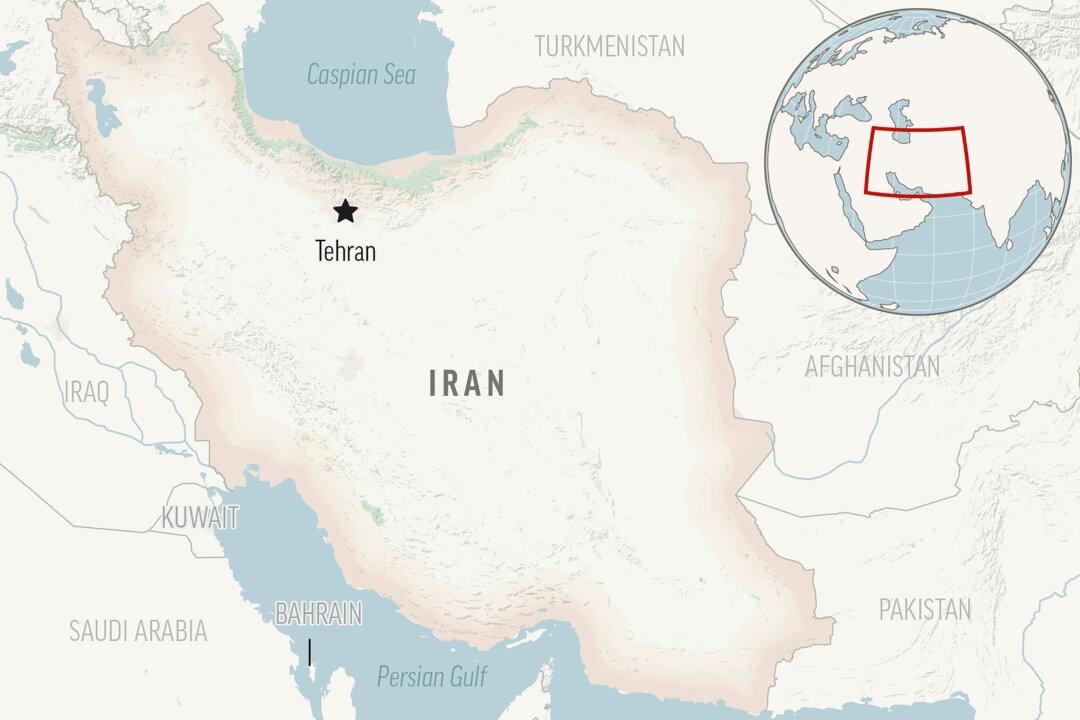DUBAI, United Arab Emirates—Iran hanged two men Monday convicted of blasphemy, authorities said, carrying out rare death sentences for the crime as executions surge across the Islamic Republic following months of unrest.
Iran remains one of the world’s top executioners, having put to death at least 203 prisoners since the start of this year alone, according to the Oslo-based group Iran Human Rights. But carrying out executions for blasphemy remains rare, as previous cases saw the sentences reduced by authorities.





